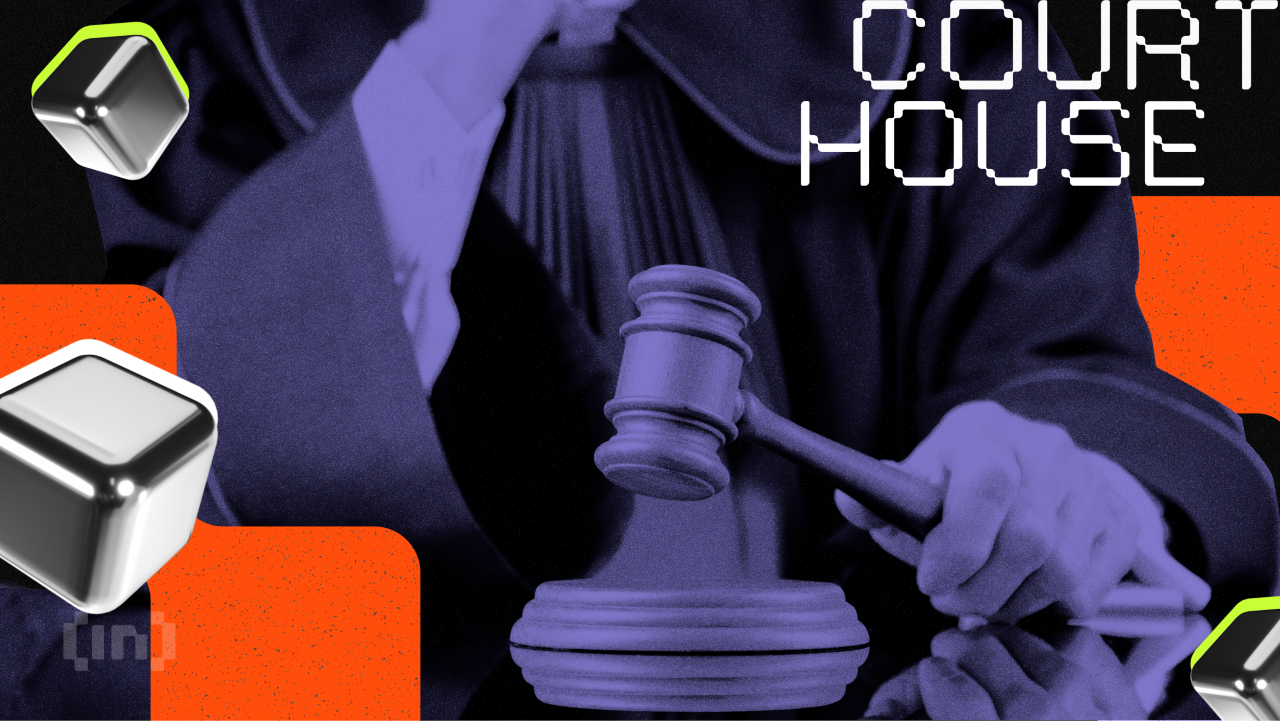Market
Why These Lawyers Believe Chainalysis Data Is “Junk Science”

[ad_1]

A new debate surfaces surrounding the credibility of blockchain analysis tools. Specifically, Chainalysis, a Wall Street-backed blockchain analytics firm, has found its core software under severe scrutiny.
A new inquiry calls into question the reputation of the company and the future of crypto investigation techniques.
Is Chainalysis’ On-Chain Analytics Reliable?
Chainalysis rose to prominence by offering software tools that aid law enforcement in tracking the flow of potentially illicit crypto funds. Its clientele is robust, with government agencies spanning 50 countries among its 1,200 customers. But now, a high-profile case severely challenges the firm’s legitimacy.
At the heart of this whirlwind is Roman Sterlingov, a Swedish-Russian dual citizen, arrested for allegedly operating Bitcoin Fog. According to court documents, this service aided in obscuring crypto transactions for criminal activities over a decade.
Indeed, Bitcoin Fog handled over 1.2 million Bitcoin, worth roughly $335 million during the transaction period. Most of this cryptocurrency originated from darknet marketplaces and was linked to illicit drug activities, cyber fraud and misuse, and identity theft.
Read more: 13 Best Bitcoin Mixers and Tumblers in 2023
Notably, when the US cyber sleuths set out to unmask Bitcoin Fog’s operator, Chainalysis’s software was their tool of choice, analyzing many Bitcoin Fog transactions. But was this reliance misguided?
As Sterlingov’s trial approached, his defense mounted a notably vigorous and public challenge against Chainalysis’s methodologies.
Lawyers Claim Chainalysis Is “Junk Science”
Attorney Tor Ekeland spearheads this offensive, having gone on record to denounce Chainalysis’s tools as “junk science that doesn’t belong in a federal court.”
In a court’s context, “junk science” refers to information presented as scientific and factual but lacks the rigorous methods and standards of legitimate scientific endeavors.
“[In] the summary table of Bitcoin Fog darknet market exposure, these figures appear to be based upon Chainalysis Reactor’s heuristics that the Government can produce no known error rates for, no rates of false positives, no rates of false negatives, nor any peer-reviewed paper attesting to their accuracy,” Ekeland stated.
Therefore, Ekeland alleges that the Reactor software — Chainalysis’s pride and joy — has made erroneous assumptions about crypto fund movements. In his perspective, these assumptions have led to Sterlingov’s false incrimination.
“The main problem that they have is there’s not a single piece of evidence anywhere that he ever operated Bitcoin Fog. What quote unquote evidence that they have is all based on this really shoddy blockchain forensics conducted mainly [by Chainalysis],” Ekeland said.
Ekeland’s assertion then boils down to a straightforward claim. He maintains that Chainalysis’s software is not scientifically reliable enough to warrant its evidence as definitive in court. Ekeland argues that Chainalysis cannot elucidate its error rate or possess peer-reviewed research bolstering its accuracy.
These claims are paramount, as the blockchain analytics industry, still in its relative infancy, lacks established benchmarks for evidence validation.
Blockchain Forensics’ Reliability in Question
Yet, while Sterlingov’s defense has garnered notable attention, it is essential to consider Chainalysis’s history and the widespread trust it has accumulated.
The firm has secured over $68.6 million in contracts from eight US agencies since 2019. Numerous successful prosecutions have used Chainalysis’s data. In this context, the current challenge to its software could set a precedent for how blockchain analytics tools are perceived and employed in future legal cases.
Read more: How to Use a Blockchain Explorer to Look Up Transactions
However, the core contention is not about Chainalysis’s market success but the veracity of its tools. Ekeland has contested the software and questioned the lack of tangible evidence linking Sterlingov to Bitcoin Fog, like server logs.
With no corroborating evidence, the case’s weight increasingly leans on blockchain forensics’ reliability, primarily conducted by Chainalysis.
Disclaimer
In adherence to the Trust Project guidelines, BeInCrypto is committed to unbiased, transparent reporting. This news article aims to provide accurate, timely information. However, readers are advised to verify facts independently and consult with a professional before making any decisions based on this content.
[ad_2]
Source link



